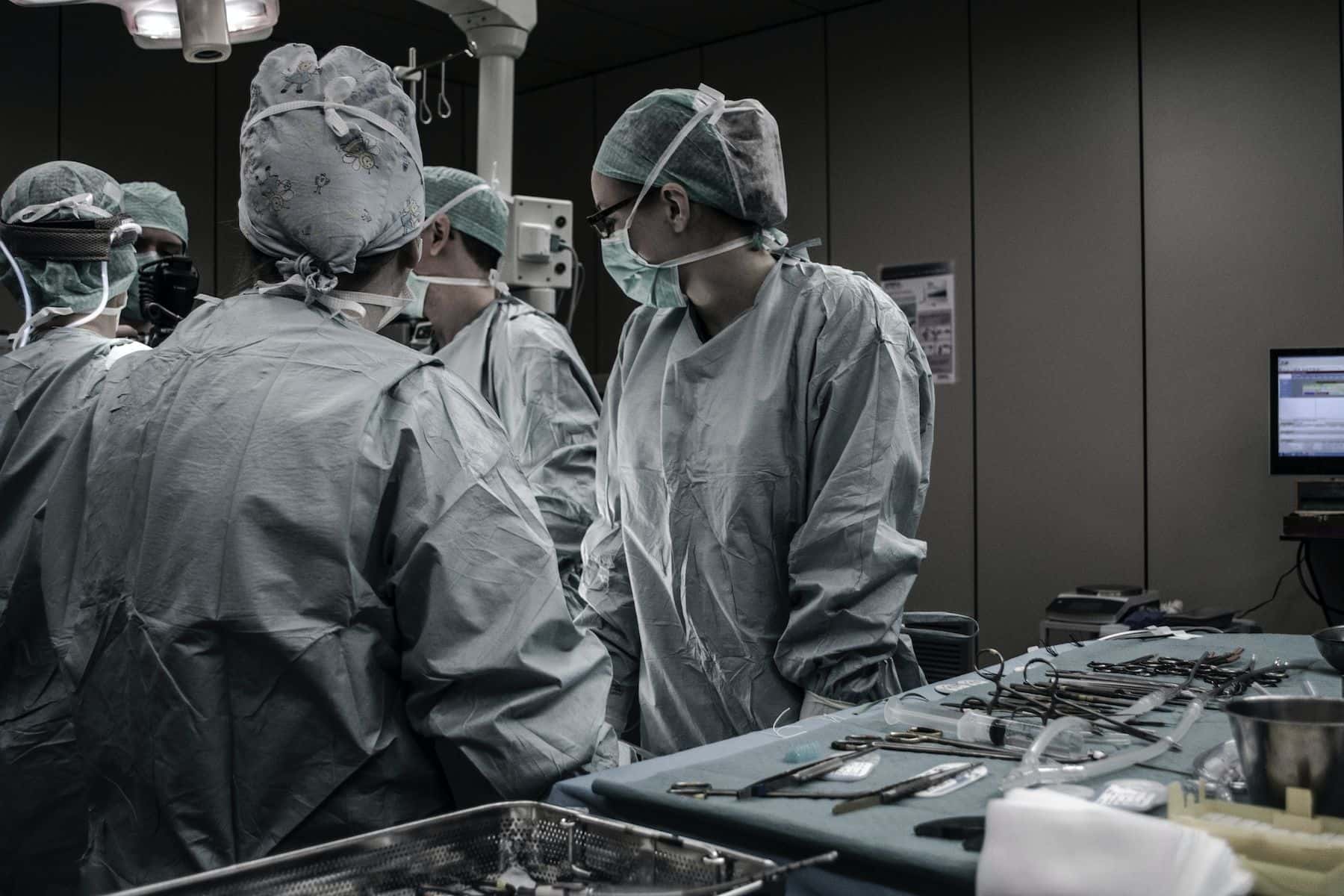The Link Between Pediatric Surgery and Diaphragmatic Eternation
This case study explores a pediatric medical scenario where a two-month-old patient developed diaphragm eventration following surgical correction of bowel intussusception and an appendectomy.
Updated on
Case Overview
In this case study, we explore a complex pediatric medical scenario involving a 2-month-old patient who developed bowel intussusception following an adverse reaction to a rotavirus vaccination.
The necessary surgical intervention included intussusception correction and an appendectomy. Postoperatively, the medical team observed a right diaphragm eventration in the patient. This case seeks expert insights from a pediatric surgical expert on the causation of this condition.
Questions to the Pediatrics expert and their responses
How often do you manage the care of pediatric patients with diaphragm eventration symptoms?
As an Associate Clinical Professor of Pediatrics at a prestigious school of medicine and a practicing pediatric pulmonologist, I occasionally encounter cases involving diaphragm eventration.
Based on your experience, what is the relationship between such procedures and the likelihood of this diaphragm-related injury?
Diaphragm eventration is typically caused by phrenic nerve injury. This nerve controls the diaphragm and runs through the chest. Without adequate nerve control, ventilation can be impaired. Unilateral diaphragm eventration is usually due to injury, which can occur during surgeries involving the chest or abdomen as well as birth trauma. In cases where diaphragm eventration is noted after surgery, it's most likely that the procedure itself is related to its cause.
Have you ever reviewed a similar case? If yes, please elaborate.
Yes, I have reviewed similar cases in my practice where postoperative complications led to diaphragm eventration. Each case presents unique challenges depending on factors like age, other conditions affecting breathing, and the level of impairment.
About the expert
This expert is a highly qualified pediatric pulmonologist with an extensive background. They received their MD from a reputable university and completed an internship, residency, and fellowship in pediatrics, and pediatric pulmonology at a renowned children's hospital. Currently serves as an associate clinical professor of pediatrics, the director of a mechanical ventilation program, and the clinical director of pediatric pulmonology at a top-tier children's hospital.

E-290419
Specialties:
Subscribe to our newsletter
Join our newsletter to stay up to date on legal news, insights and product updates from Expert Institute.
Sign up nowFind an expert witness near you
What State is your case in?
Subscribe to our newsletter
Join our newsletter to stay up to date on legal news, insights and product updates from Expert Institute.


